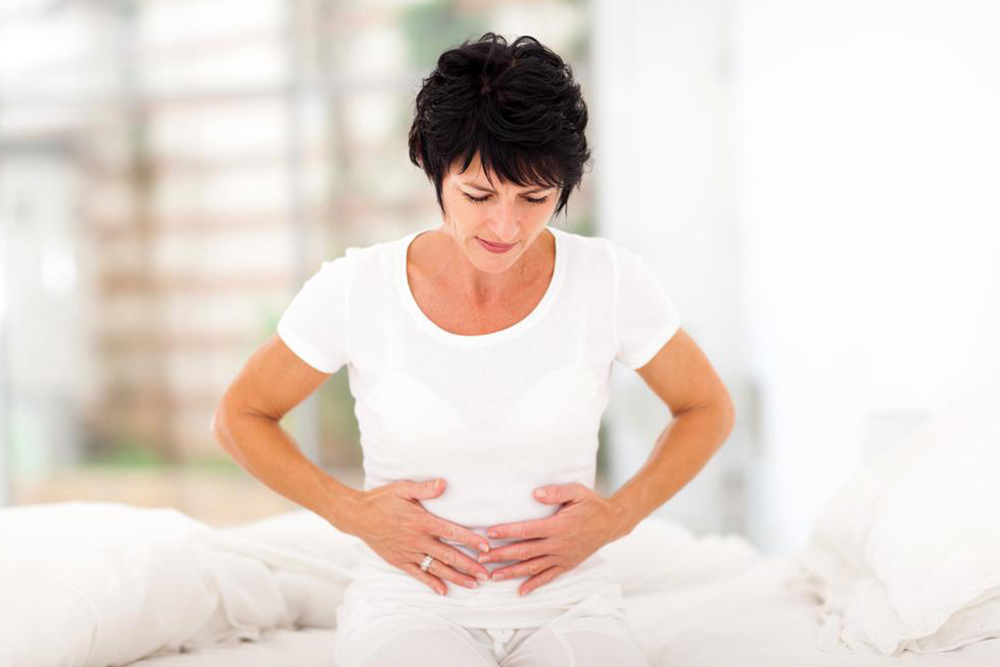Home remedies for an overactive bladder
Overactive Bladder is the cause for Urge or Effort Incontinence. Normal causes of this condition are cystitis or inflammation of the bladder walls, consequences of spinal injury or neurological disorders like Parkinson’s disease and enlarged prostate. Injecting Botox directly into the bladder wall is one of the more recent treatments. Similarly implanting a stimulator on the sacral nerve is the advancement on the surgical side. However, with the popularity of alternative medicines gaining, a lot of Chinese medicines are receiving quite a bit of attention.

Some well-known home remedies for incontinence are bladder training and Kegel exercises. These are generally used as adjuncts to the usual, systematic treatment. Lifestyle changes can have profound effect on incontinence. Avoid coffee and caffeinated drinks, chocolate, alcohol, tomato and its various products, and citrus fruits like oranges, tangerine, and grapefruit. Eat more fibre, exercise regularly, and drink prune cocktail (applesauce, prune juice and unprocessed wheat bran). Daily evacuation of bowels help reduce the pressure on bladder and ease incontinence.
Some of the Chinese medicines are:
• Gosha-jinki-gan (GJG) is a mixture of 10 herbs. Several studies have shown improvements in daytime frequency. Those who consumed 7.5 mg/day showed improvement in their prostate symptom score.
• Hachimi-jio-gan (HE) is another Chinese herb mixture containing 8 different herbs, some of which is also in GJG. Studies have shown calming effects on bladder contractions.
• Corn silk (Zea mays) is a waste product in corn cultivation, and is used in traditional medicine in many countries in Europe through to China. It was used in traditional medicine for bedwetting, incontinence and urinary infections. It strengthens the mucus membrane of the urinary tract and helps reduce incontinence.
• Capsaicin is found in the fleshy parts of Chinese pepper (not in the seeds though). Traditionally it is used in pelvic pain, a common symptom of OVB. Its use has shown considerable increase in the peak bladder capacity (106 ml to 302 ml).
• Ganoderma lucidum (GL) is a mushroom is also known as lingzhi. Its extract is used in traditional medicine in the treatment of hepatitis, hypertension and cancers. In a randomized study, 50 people reported improvement in their IPSS.